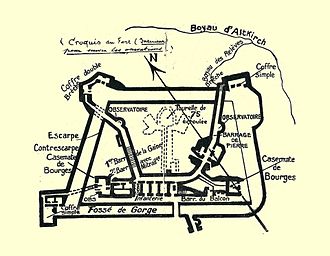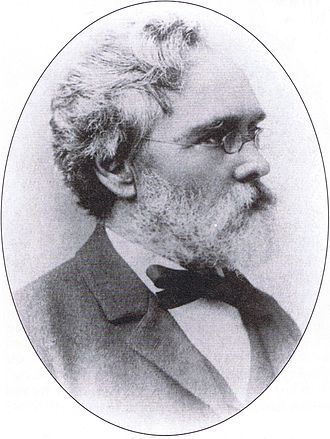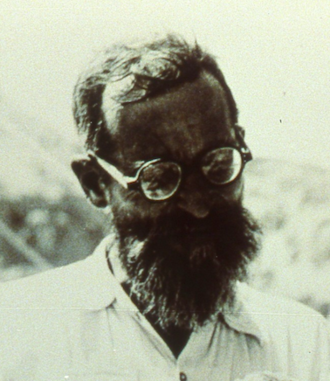Vaux Last Name Origin, History, and Meaning
Where did the surname Vaux come from? What does the surname Vaux mean? Discover the history and meaning of the last name Vaux and family migration on YourRoots Map.
Surname Vaux Origin: What does the last name Vaux mean?
The surname Vaux originated in France around the early 11th century, as per YourRoots data. It has historical roots in England from the 12th to the 18th century, with a growing presence in the United States by the 20th century. The name has global significance, appearing in various countries worldwide.
YourRoots data confirms the presence of the Vaux surname in the United Kingdom since the early 10th century, with significant expansion in the following centuries. The surname has spread across countries like the United States, indicating a diverse and widespread distribution. Today, the Vaux surname reflects a rich history and continues to be prominent in various regions and cultures globally.
Vaux Last Name History: Where did the last name Vaux come from?
Origin of Vaux Surname: Where does the last name Vaux originate from?
According to YourRoots data, the surname Vaux first appeared in records from France around the early 11th century. Please note that this reflects only YourRoots data for the exact Vaux spelling and does not include other record sources or surname variations.
History of the Last Name Vaux: What does the Vaux surname history look like in the early days?
The Vaux surname remained closely associated with England from the 12th to the 18th century. YourRoots data also shows Vaux family records in countries like the United States, indicating global spread over the centuries.
Global Spread: Where can we find the Vaux surname today?
By the 20th century, the volume of records with the Vaux surname grew significantly in the United States. The Vaux surname remains prominent in the United Kingdom and also appears in many countries around the world.
Explore Vaux last name heritage and Vaux surname origin based on YourRoots Map data
 VIEW THE ORIGIN OF SURNAME VAUX
VIEW THE ORIGIN OF SURNAME VAUXFamous People With Vaux Surame?

Fort Vaux
Fort Vaux (French: Fort de Vaux) was a key polygonal fort in the Battle of Verdun during World War I. Commanded by Major Sylvain-Eugene Raynal, the garrison heroically defended the fort against German assaults, fighting underground from barricades. After running out of supplies, the French surrendered on June 7, 1916. Recaptured by French forces in November that year, the fort was repaired and garrisoned. The underground installations are well preserved and open to the public for guided visits, showcasing the resilience and sacrifice of those who fought in one of the major battles of the Great War.

Calvert Vaux
Calvert Vaux FAIA (Dec 20, 1824 – Nov 19, 1895) was an English-American architect and landscape designer known for co-designing iconic parks like Central Park in New York City. Partnered with Frederick Law Olmsted, he introduced naturalistic design elements to urban landscapes, emphasizing the integration of buildings with nature. Vaux's work revolutionized public park design during a time of rapid urbanization in America. Despite being overshadowed by other designers, his contributions to landscape architecture are still recognized today.

Henry Brougham, 1st Baron Brougham and Vaux
Henry Peter Brougham, 1st Baron Brougham and Vaux (19 Sep 1778 – 7 May 1868) was a British statesman who played a key role in passing the Reform Act 1832 and Slavery Abolition Act 1833. He was known for his advocacy of liberal causes, including abolition of the slave trade and parliamentary reform. Brougham also made significant contributions to education, helping establish University College London and holding academic posts. Despite his achievements, he faced political challenges and never regained government office after 1834. Brougham's legacy as a reformer and advocate for social change continues to be remembered today.

Anne Vaux
Anne Vaux (c. 1562 – in or after 1637) was a wealthy Catholic recusant who supported Catholic priests during the Gunpowder Plot. She rented houses for priests like Father Henry Garnet and was suspected of involvement in the plot. Despite being arrested and interrogated, she proclaimed her innocence of treason. Anne Vaux founded a school for boys from Catholic noble families and faced challenges from Protestant authorities. She has been portrayed in various media, including BBC Radio and TV adaptations.

Roland de Vaux
Roland Guérin de Vaux (17 Dec 1903 – 10 Sep 1971) was a French Dominican priest known for leading the Catholic team working on the Dead Sea Scrolls. He directed excavations at Qumran and nearby caves, shedding light on the Essenes. De Vaux's work in archaeology and biblical studies, including his analysis of Qumran in "Archaeology and the Dead Sea Scrolls," has left a lasting impact on understanding Ancient Israel. Despite some criticism, his contributions to the field continue to be studied and respected.
All images displayed on this page are sourced from Wikipedia or Wikimedia Commons.We use these images under their respective Creative Commons or public domain licenses. Wherever applicable, author attributions and license information are provided. If you believe an image is used incorrectly or outside its license terms, please contact us so that we can review and correct the issue.




.png)